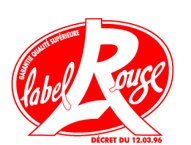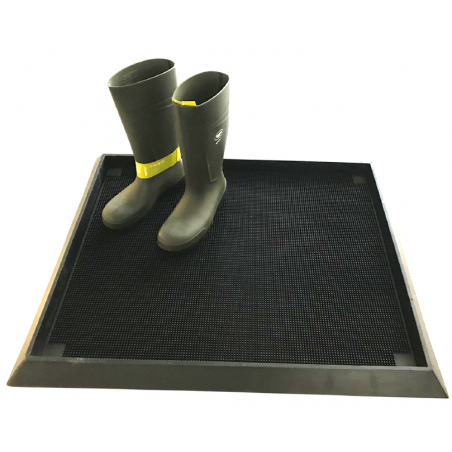Back-to-back black swan events originating in China have rocked the global economy and portend trouble for the global meat industry. The appearance and rapid spread of the coronavirus with apparent ground zero in Wuhan, China is threatening to close off entire regions of China for both intra- and international travel. Those who think the worst are predicting that soon we will likely have a complete embargo on travel for the Chinese people which may spread to nearby countries. The virus has already appeared in Japan, South Korea, Singapore and Vietnam. Because of the vast amount of international travel going on at any moment in the world, cases are showing up rapidly in the United States, Australia, the middle east and now a handful of EU countries as well as Malaysia, all before adequate control measures can be fully implemented.
Validating the seriousness of the threat, the Chinese government has already begun limiting or cancelling many of the biggest and most popular celebrations of the Lunar New Year such as in Beijing, Wuhan and Hong Kong. Many virologists believe we are well past the “golden” period where containment might have been possible. The Lunar New Year celebrations are the biggest holiday event in China so people have naturally wanted to travel to be with relatives in other cities and as might be expected, are likely to continue to do so because of the importance of the holidays to family traditions. This of course will complicate containment and recovery.

All of this comes at a time when US pork production is still flooding into packing plants at record levels challenging total slaughter capacity frequently through January. On top of that, JBS, SA of Brazil just signed a huge deal with WH of Hong Kong (in the US, Smithfield Foods) to access thousands of their sale points throughout China with poultry, beef and pork products totaling over $700 million in shipments. As I have mentioned here many times, one of the lasting impacts of the African Swine Fever outbreak in China will be to reshape demand for meat there well into the future. With the elimination or strict reduction in backyard pig raising, the focus will shift to the emerging class of middle class Chinese who are younger and much more open to redefining food demand in line with food safety, long-term health, global sustainability and preferring small amounts of very high quality to large volumes of lower cost offal and other meat byproducts. With that comes an increase in the share of poultry and fish in the diet and to some extent beef. These decreasing demand changes will likely “meet” the rising supply of pork at a lower equilibrium point than prior to the outbreak.
Don’t forget about the massive investment across most of the big names in food in plant- based meat substitutes. Speaking of which, I had the opportunity to talk at length recently with one of the top family producers in the United States. Their farm is large by EU standards but more medium/large in the US. It was apparent to me after some discussion that his ability to manage people and highly variable biological production processes like his growing pigs exceeded his ability to be properly compensated. Perhaps for the first time in my career I was considering the possibility that profit optimization for his farms would require him to reduce the level of management, training and investment in his operation.
Next, it struck me. Instead of dumbing down the production process, I began to wonder what someone with this kind of long-term mastery of people management and animal production could create if they followed the plant-based meat approach but in animal production. Namely, find a venture capital backer, hire a topflight food engineer or two and a couple of chefs and then go about creating a small pork production chain from the ground up. Animals genetically pushed toward ultra-lean and efficient production (with the accompanying result of tough, tastelessness) would be depopulated and the replaced with genetics chosen to support the new pork  products. In this system, with some similarity to the Label Rouge concept in France (Red Label is a sign of quality assurance in France), every attribute of the final pork product which created high returns due to enhanced demand (such as taste, texture, appearance, sustainability, etc.) would be allowed to produce an increase in “inefficiency” (as it is understood in our current production systems) if required, in order to produce these highly valued qualities. Then, every attribute which did not matter to increased demand or sensory improvement would be made savagely efficient and cost contained. A parallel process to the plant-based meat model but with pork production. I am not thinking here of a principled reaction to the modern meat industry, rather, a response to what is coming as more and more black swans morph into vultures. I suspect he could do it and I would be the first customer in line.
products. In this system, with some similarity to the Label Rouge concept in France (Red Label is a sign of quality assurance in France), every attribute of the final pork product which created high returns due to enhanced demand (such as taste, texture, appearance, sustainability, etc.) would be allowed to produce an increase in “inefficiency” (as it is understood in our current production systems) if required, in order to produce these highly valued qualities. Then, every attribute which did not matter to increased demand or sensory improvement would be made savagely efficient and cost contained. A parallel process to the plant-based meat model but with pork production. I am not thinking here of a principled reaction to the modern meat industry, rather, a response to what is coming as more and more black swans morph into vultures. I suspect he could do it and I would be the first customer in line.






